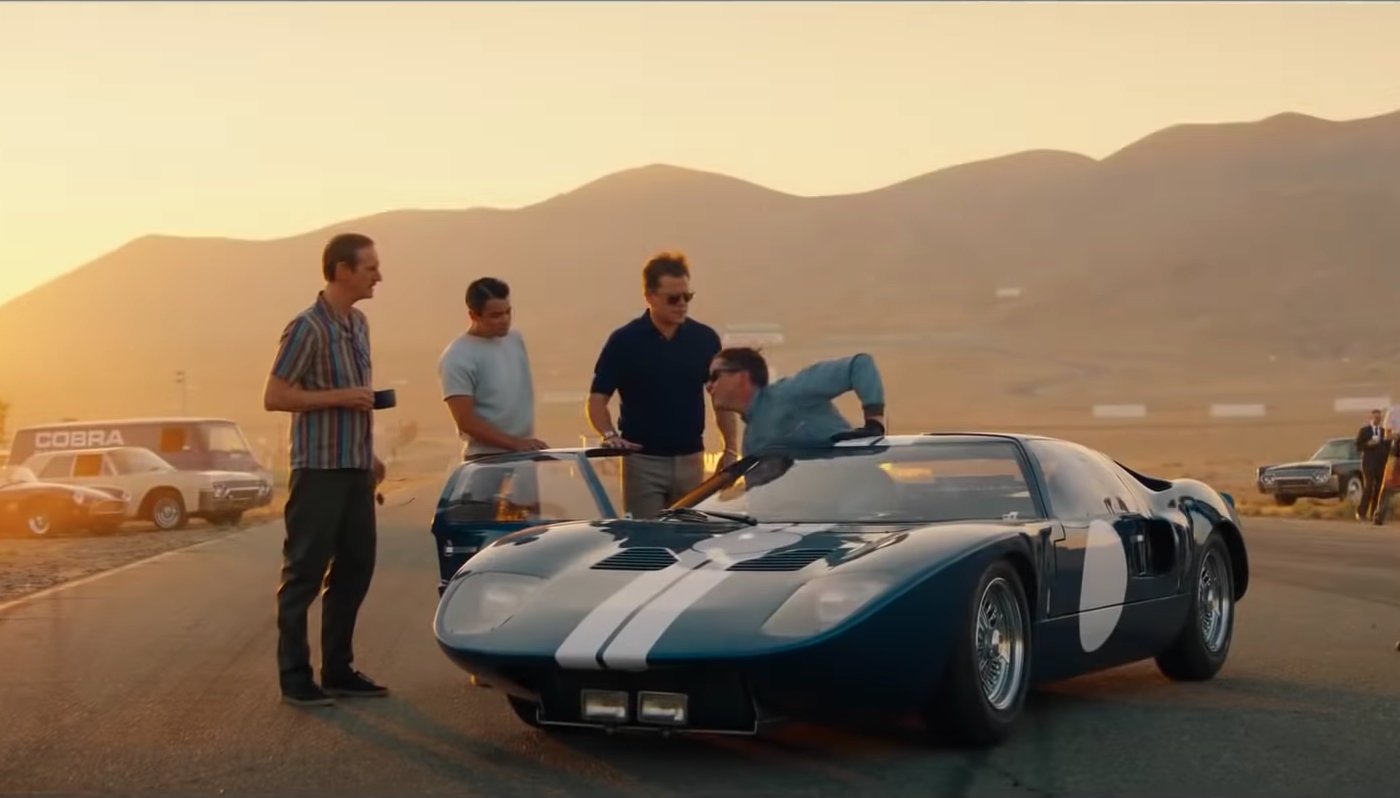Once upon a time, Henry Ford II (“the Deuce”) decided he wanted to get into Grand Prix racing. Back then there was some truth to the motto “win on Sunday/sell on Monday.” Ford had enjoyed success in NASCAR (truly “stock car” racing back in those days), but didn’t have a foothold in the sports car market, despite once building a sporty two-seater Thunderbird. The simple solution was to just buy Ferrari, which had been dominating the 24 Hours of Le Mans in the GT Class for some time.
Long story short: Enzo Ferrari led Henry II on for a while, then pulled out of the deal at the last minute. This chapped Ford’s hiney. The Deuce made the decision that Ford would enter its own GT cars in Le Mans, and beat the Europeans at their own game, on their own turf. Trouble was, Ford didn’t have a platform, and would have to build their GT cars almost from scratch. Ford would first use their existing 289 V8, but later upgrade to big block overkill.

What happened was truly astounding. Within a couple years from the Deuce’s command, Ford fielded a team of GT40s (incredible machines for their time, and still no slouchers 60 years later) that dethroned Ferrari for good, and dominated Le Mans for years–even once Ford pulled the plug on the GT program after making their point).
The real-life story is fascinating, with real-life drama and excitement. What a natural mine for a dramatic movie. The true story is one of several personalities in multiple teams. The filmmakers chose to focus on just two men in one team–the most colorful and well-known (Carol Shelby) and the most tragic (Ken Miles). I like the Shelby America team best, partly because it was composed of hot-rodders instead of college-educated engineers.

Ken Miles himself was a great fit for a team like that. He was Old School. Professional race drivers today know less about cars than a cashier at Auto Zone, but Miles was a mechanic as well as a driver. An especially talented driver, I would add.
The acting and direction in the movie is top-notch. Plenty of creative license was taken, as you can imagine, but the pacing is adequate and the racing scenes are visually gratifying. In my personal director’s cut, there would be a little more racing and a little less personal drama…but then I’m a gearhead.
The film glosses over a lot of details in this real-life saga, like losing early skirmishes with Ferrari due to problems like an Italian-built transmission that couldn’t handle the torque of the American V8. Other details were tweaked or fabricated to increase the tension, to placate the women in the audience who got dragged to the theater by husbands or boyfriends, and to take typical Hollywood cheap shots at capitalists and American mass production. But if you’ve watched anything else made by Commiewood in the last 20 years, then you probably won’t even notice any of that, so subtle is it by comparison
I strongly recommend this movie. Once you see it, if you’d like to know the more complete story of this slice of motorsports history, read Go Like Hell by A.J. Baime.

